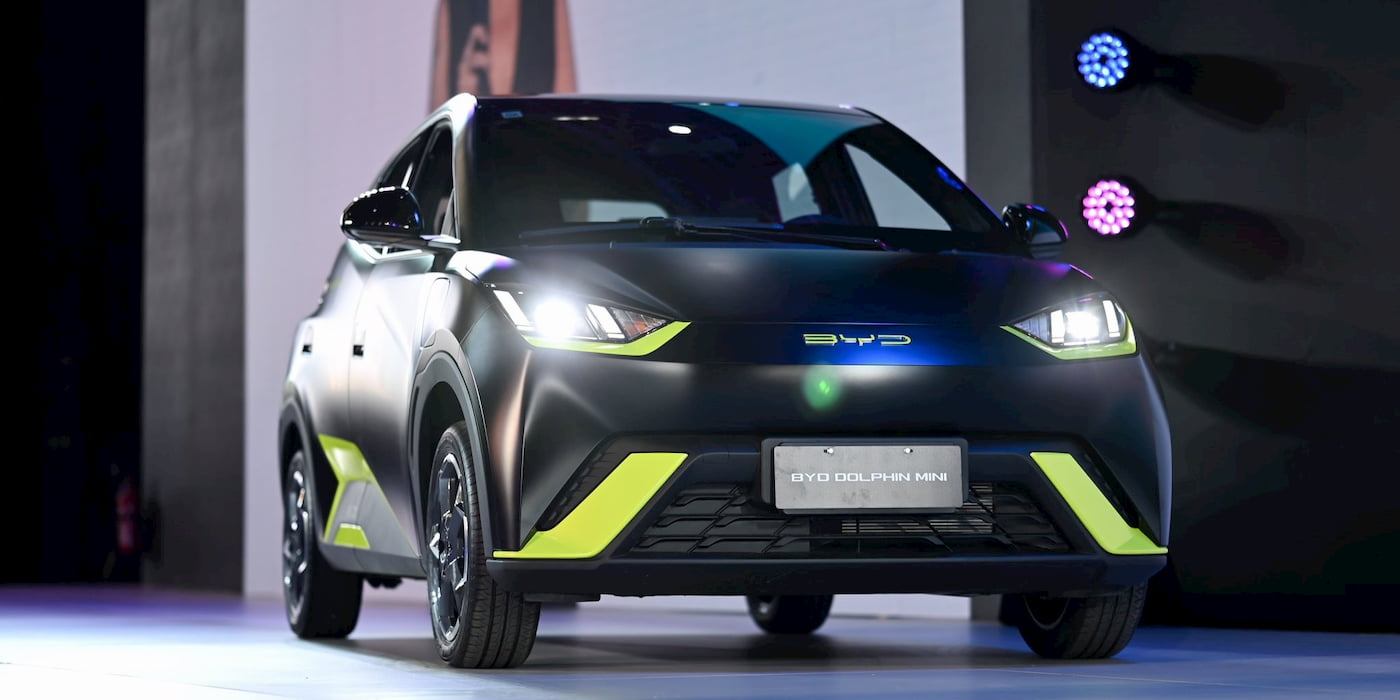
Even with the brand new 100% tariff on electrical automobiles imported from China, BYD would nonetheless have the most affordable EV within the US. In response to a brand new report, BYD’s lowest-priced EV would nonetheless undercut all US automakers at below $25,000.
After discontinuing the manufacturing of automobiles powered fully by inside combustion engines in March 2022, BYD has been on the forefront of the business’s shift to EVs.
Nevertheless, BYD has been constructing its provide chain for for much longer. The corporate started constructing lithium-ion batteries in 1996. BYD’s batteries powered Motorola and Nokia’s well-liked smartphones within the early 2000s.
Its early ventures into the battery business helped BYD develop into the business juggernaut it’s referred to as at this time.
Since releasing its breakthrough Blade EV battery in 2020, BYD has continued introducing extra environment friendly, lower-cost tech to drive down costs.
BYD’s least expensive electrical automobile, the Seagull EV, begins at below $10,000 (69,800 yuan) in China. Its reasonably priced electrical and hybrid fashions are squeezing gas-powered automobiles out of China’s auto market, particularly from international automakers.
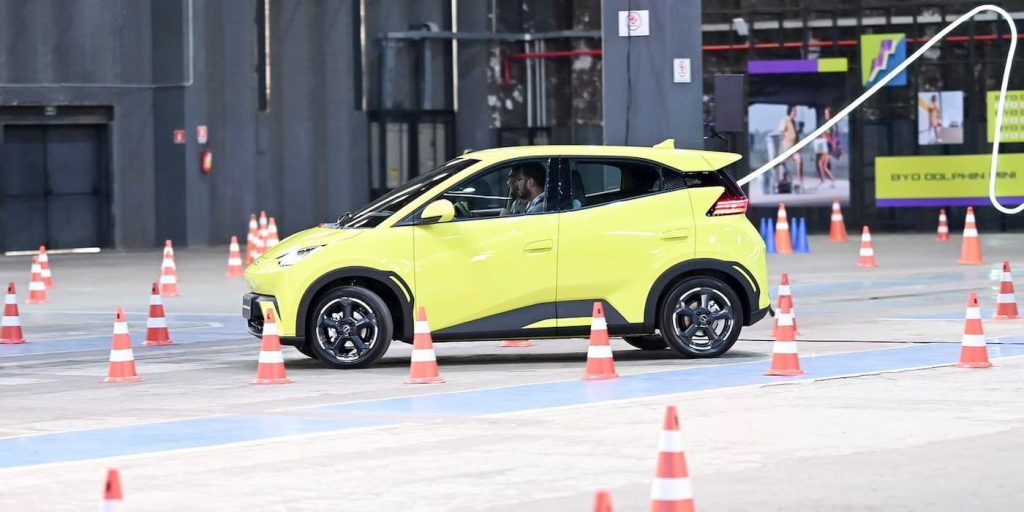
BYD would have the most affordable EV within the US regardless of tariffs
BYD has no plans to enter the US passenger car market (it already sells electrical buses), the corporate’s North American CEO Stella Li mentioned. If it did, it might maintain a bonus over US automakers.
In response to AutoForecast Options CEO Joe McCabe (by way of Nikkei), BYD would nonetheless have the most affordable EV within the US, even with the brand new 100% tariff on Chinese language electrical car imports.
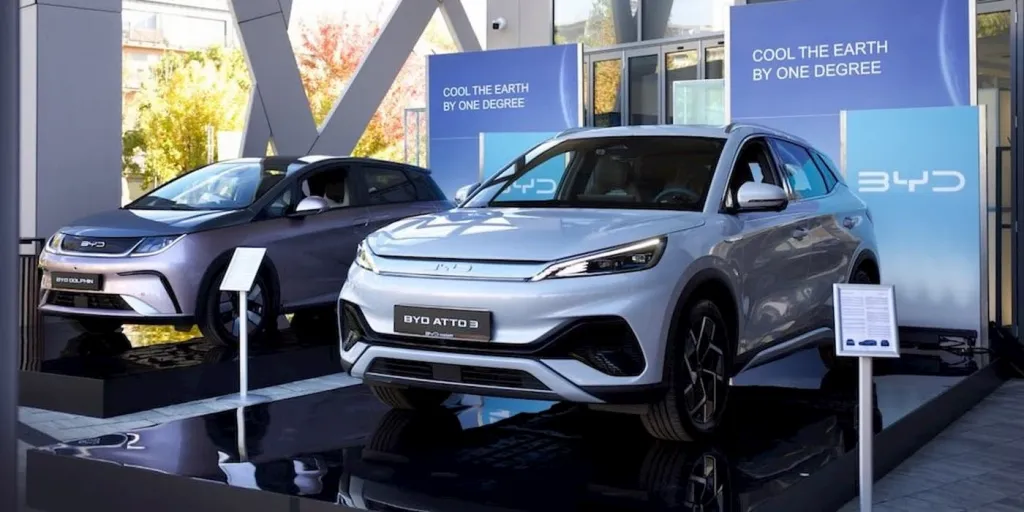
The tariff will take impact on September 27 and is meant to “defend American producers from China’s unfair commerce practices,” based on a press launch from The White Home.
McCabe mentioned BYD’s lowest-priced EV for the US could be $12,000. Even with a 100% tariff price, BYD would have the most affordable EV within the US at below $25,000.
Tesla, which nonetheless holds a commanding lead (48% share in July) within the US EV market, has but to interrupt the $30,000 threshold.
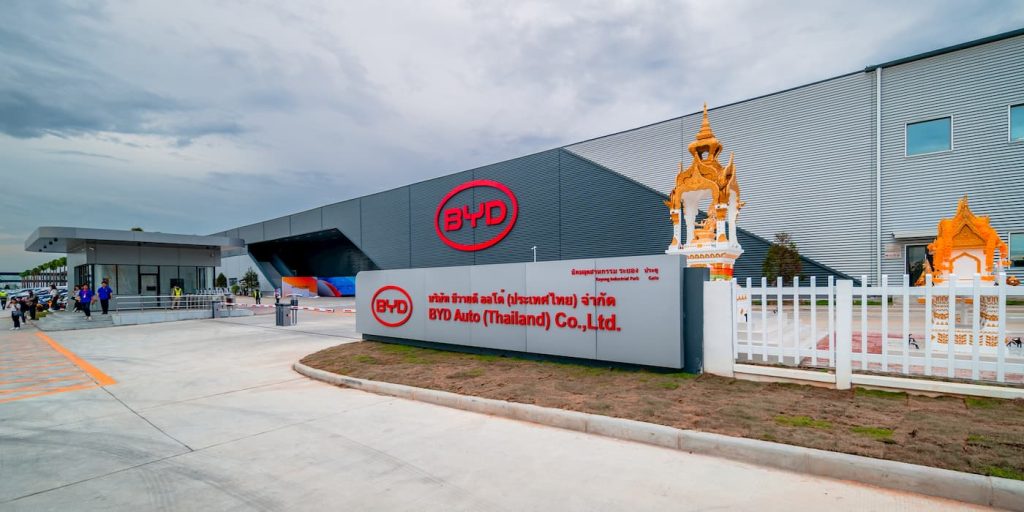
Chinese language automakers, like BYD, have a bonus with established provide chains, enabling decrease costs.
Electrical automobiles accounted for over 50% of passenger car gross sales in China in July. Within the US, EVs accounted for 8.5% of the sunshine car market throughout the identical interval, based on the most recent S&P International Mobility figures.
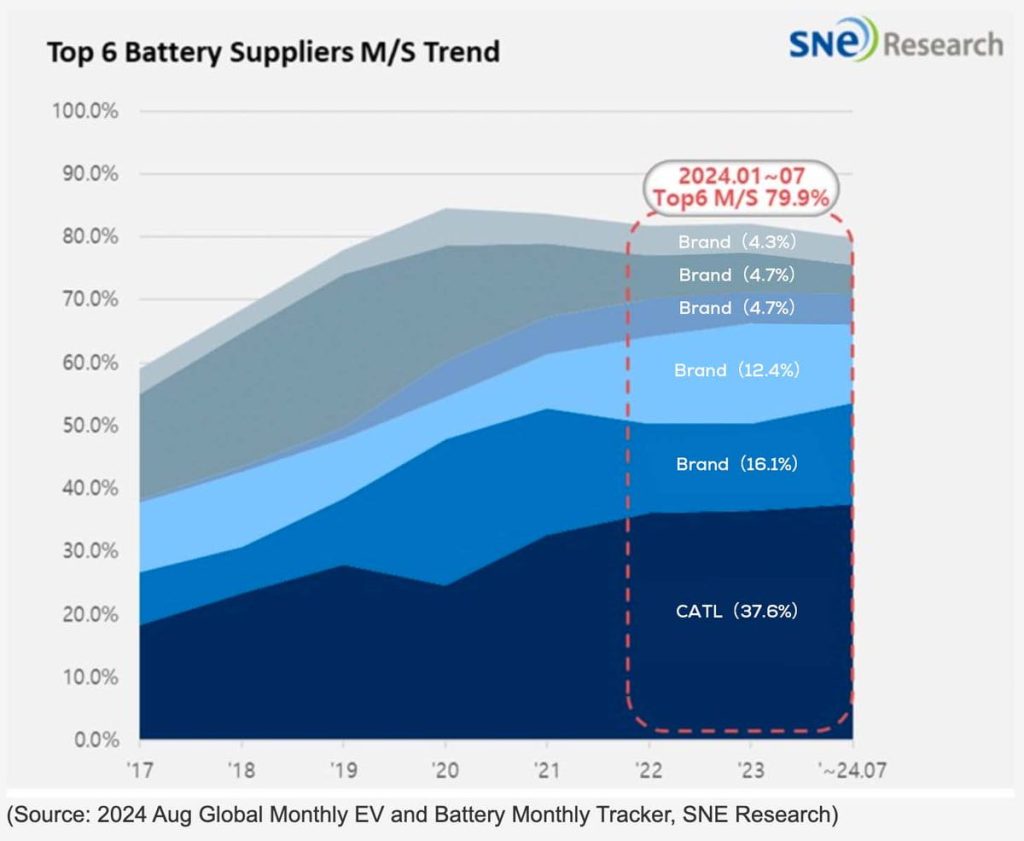
Chinese language firms, together with BYD and CATL, additionally dominate the worldwide battery market. In response to SNE Analysis, CATL (35.9%) and BYD (16.5%) led world EV gross sales within the second quarter primarily based on cargo.
By the primary eight months of 2024, CATL accounted for 37.6% of the worldwide EV battery market, whereas BYD took second with 16.1%.
Electrek’s Take
BYD isn’t planning to launch passenger EVs within the US, a minimum of not within the close to time period. Nevertheless, McCabe’s feedback ought to spark concern amongst some US rivals.
As BYD continues launching lower-priced EVs with extra vary and superior options, a number of US automakers proceed delaying important initiatives.
Ford canceled its three-row electrical SUV, opening the door for abroad rivals like Kia and Hyundai to take benefit. GM can also be pushing again its battery manufacturing unit in Indiana and will flip to CATL for LFP batteries within the US, like Ford and Tesla.
Ford is shifting its focus to smaller, extra worthwhile EVs after seeing the success of Chinese language automakers like BYD. Ford’s CEO Jim Farley referred to as BYD’s Seagull “fairly rattling good” as he warned rivals of BYD’s benefit.
The actual fact is tariffs will possible solely result in extra EV delays, placing the US additional behind as the worldwide auto business shifts to electrical.
As a substitute, investing in constructing a home provide chain, because it has with current laws, just like the Bipartisan Infrastructure Legislation, will incentivize US automakers. A steady US home provide chain would assist cut back the value of EVs, reducing the edge and selling adoption.
Supply: Nikkei
FTC: We use earnings incomes auto affiliate hyperlinks. Extra.



